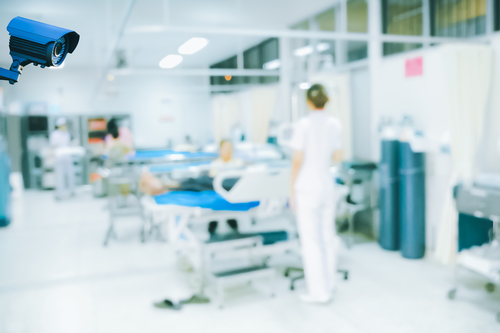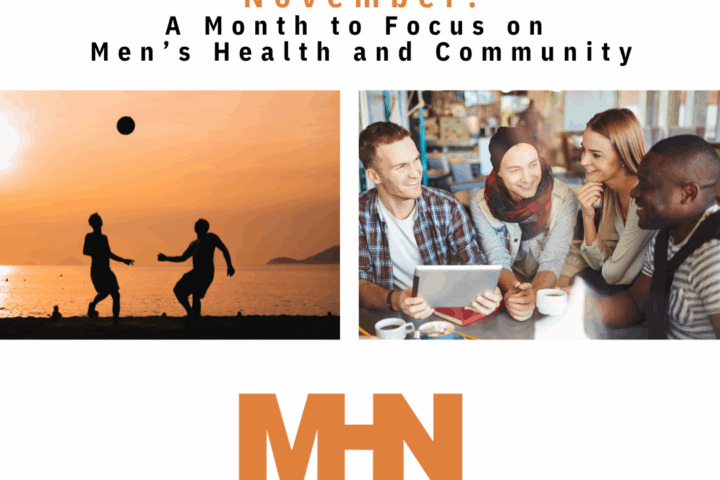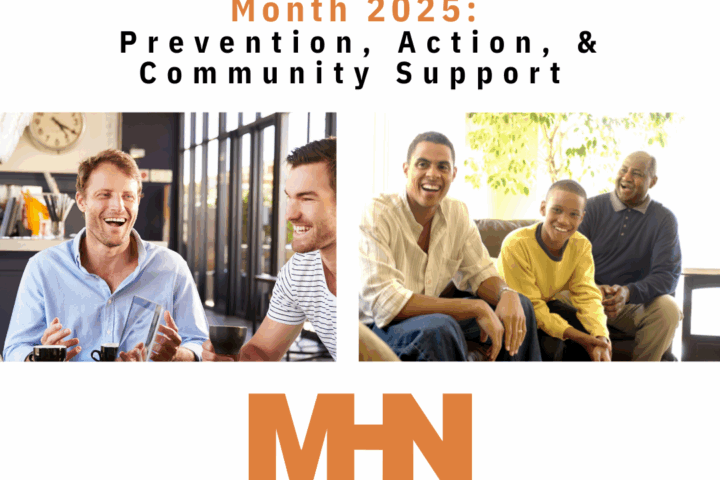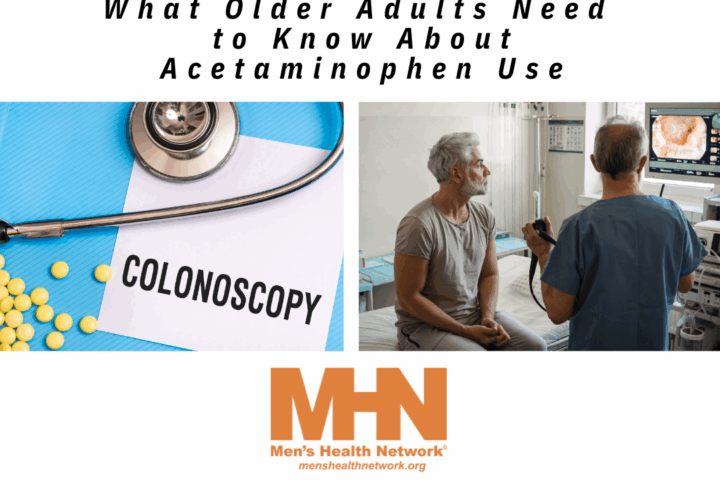Hospitals using surveillance systems are reporting fewer patient falls, according to an article in the CT Post. The idea is that certified nursing assistants and trained medical staff can monitor patients from various hospital rooms at the same time. If a patient at high risk for falling or hurting themselves looks like they’re making a move to get up, the nurse can call them on the patient intercom to stay where they are, and then call for someone to go into the room to assist them. In the case of Greenwich Hospital, only one patient fell in the monitored rooms in the first year the cameras were in place.
Monitoring patient rooms for falls is only one way surveillance can help improve medical care in hospitals and medical facilities. But there are other ways cameras can help. From improving compliance to combining cameras with biometrics, here is how surveillance is improving medical care:
Improve compliance
Medical facilities can use surveillance cameras to ensure rules are being followed. They can be used to ensure visitors are not bringing in outside food to patients on a strict diet and that medical staff is staying compliant. For example, doctors who knew they were being filmed during surgery improved the duration and quality of their inspection time more than those who were unaware of being filmed, according to a study on the matter reported in the Los Angeles Times. A similar trial was conducted to promote hand washing compliance among medical staff at Long Island’s North Shore University Hospital and saw an increase from 6.5 percent to 81.6 percent with the addition of surveillance cameras.
Increase nurse response time
Virtual nurses are now being employed to remotely connect with patients at home and in hospitals to help monitor and care for patients. Aside from preventing falls, on-floor nurses can spend more time in patient rooms with the help of virtual nurses, and decrease their response time. The idea is the virtual nurses can check-in with patients and ask questions and ensure their comfort and care, while on-floor nurses can assist those who need hands-on or immediate care.
Safeguard at-home elder care
Hospitals aren’t the only place surveillance systems and monitoring are helping patients. The elderly can potentially age in place longer with the help of an at-home security camera system. Adults with aging parents can install a contract-free, system like the ones sold by Lorex Technology. Users can monitor their parents’ activity right from a smartphone or a tablet.
Adult children receive peace of mind that their parents are safe, taking their medication and eating properly without needing to call and sort out the information over the phone. This can be especially useful for aging parents suffering from mild dementia or other memory issues where they can’t always say for sure what they did during the day.
Resolve disputes
Capturing camera footage of altercations at hospitals and medical facilities can help reduce misunderstandings and potential lawsuits. Surveillance largely eliminates “he said, she said” scenarios, and can prevent patient theft and misconduct before it occurs. In addition, surveillance keeps security guards focused on where they need to go instead of roaming hallways and missing potential threats.
Combine video footage with biometrics
Combining surveillance with biometrics can create additional safeguards against medical identity theft and other malicious activity. For example, hospitals can review footage of patients to see if they were potentially using someone else’s identity to receive care. Meanwhile, medical staff can also take a high-quality photo of patients that captures iris patterns to later compare to future records. These steps ensure someone else can’t use a Social Security number or claim someone else’s identity to receive care.
Surveillance isn’t the only way to improve medical care and security; but it is an asset in reducing patient injury, improving quality care, and safeguarding patients. At the end of the day, vulnerable patients need all the extra help and assistance they can get to ensure a quick recovery and painless transition through their care journey.




